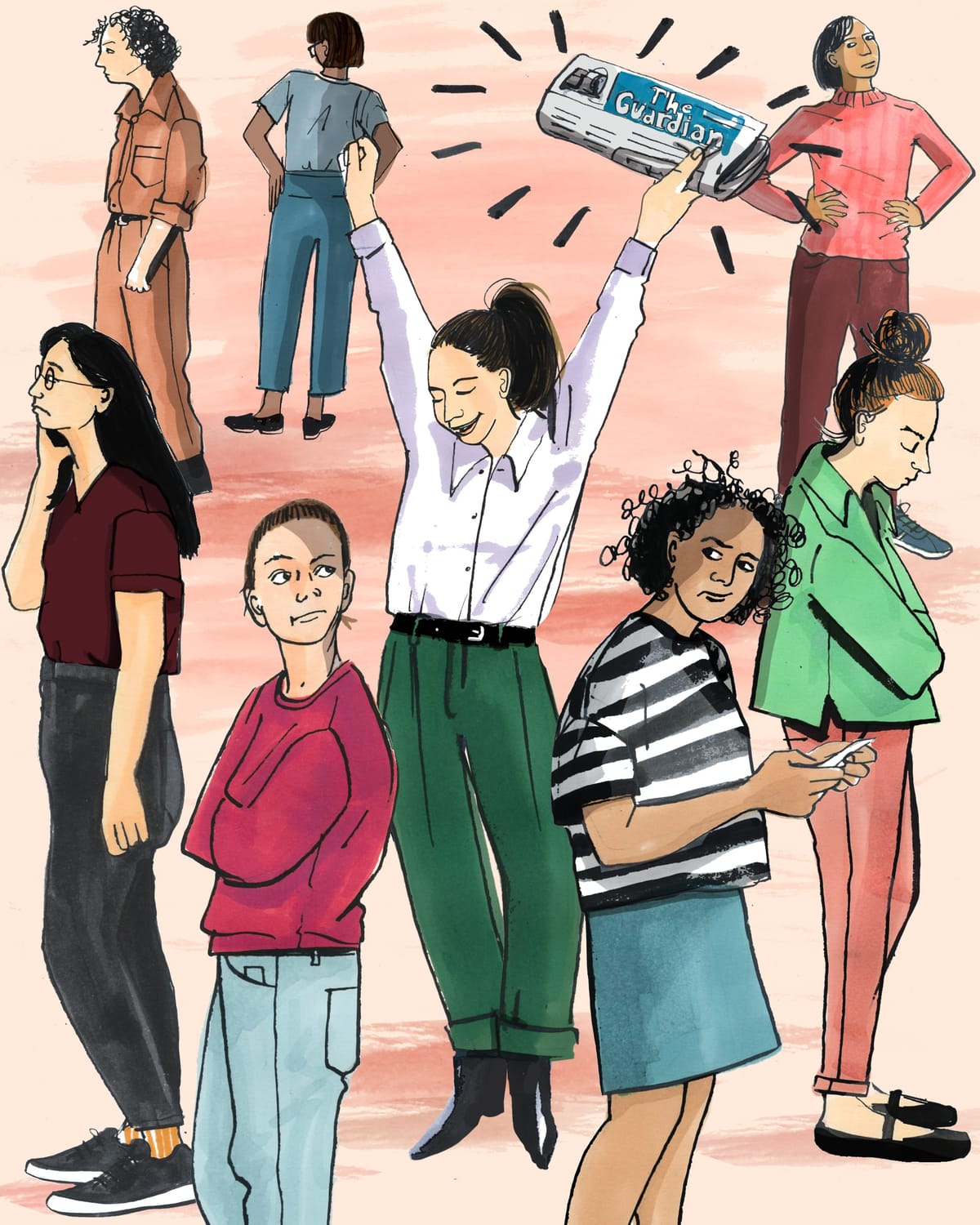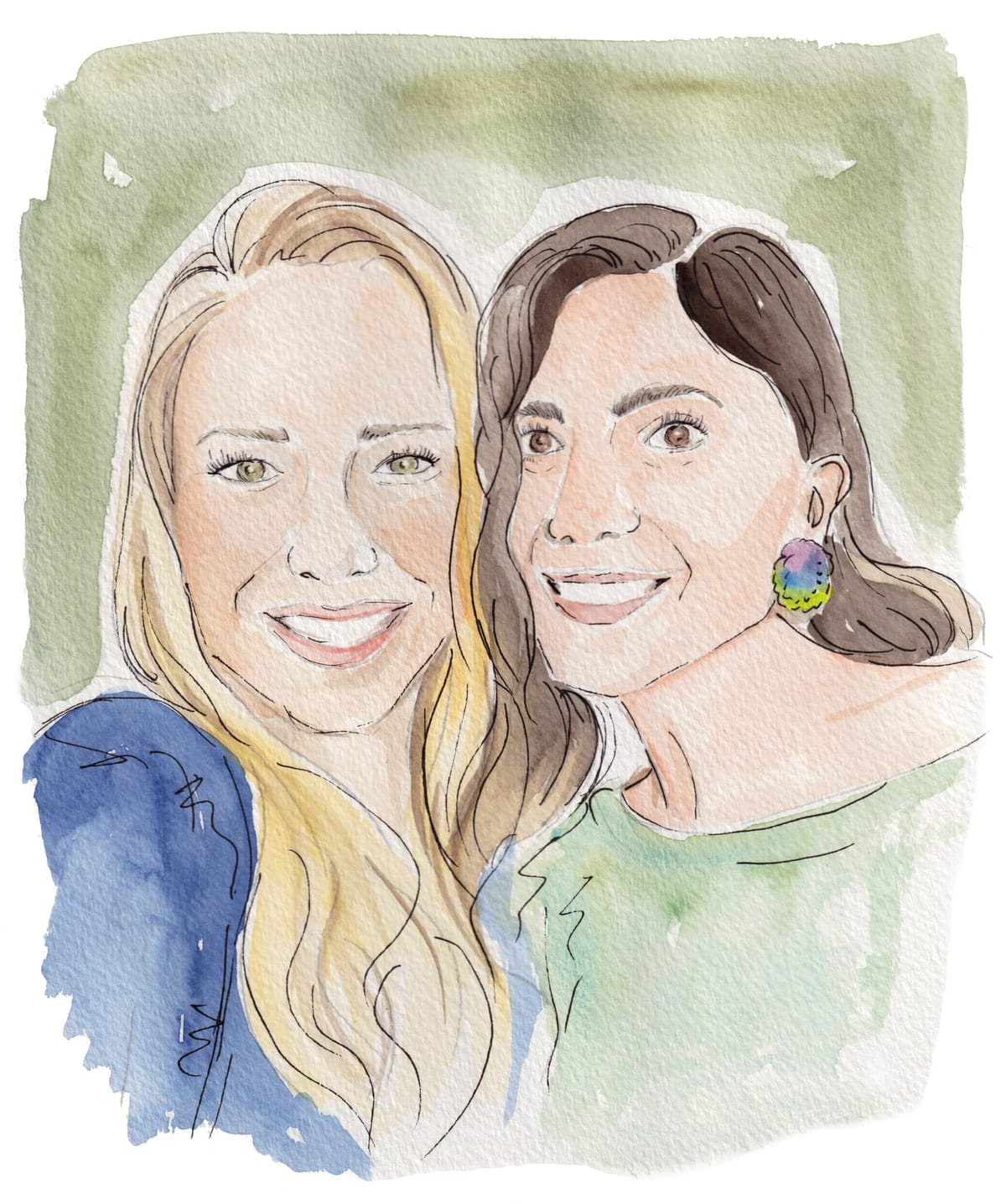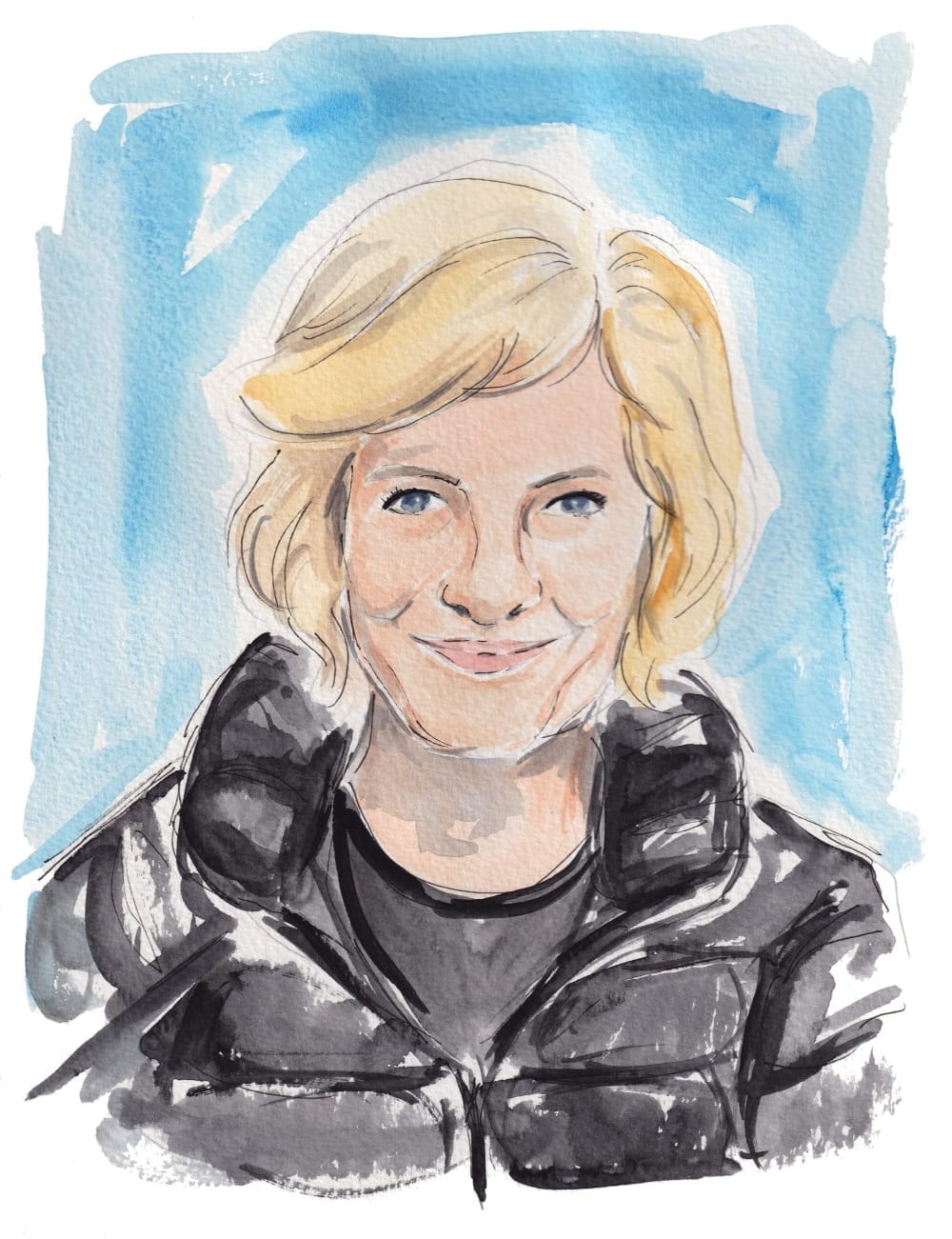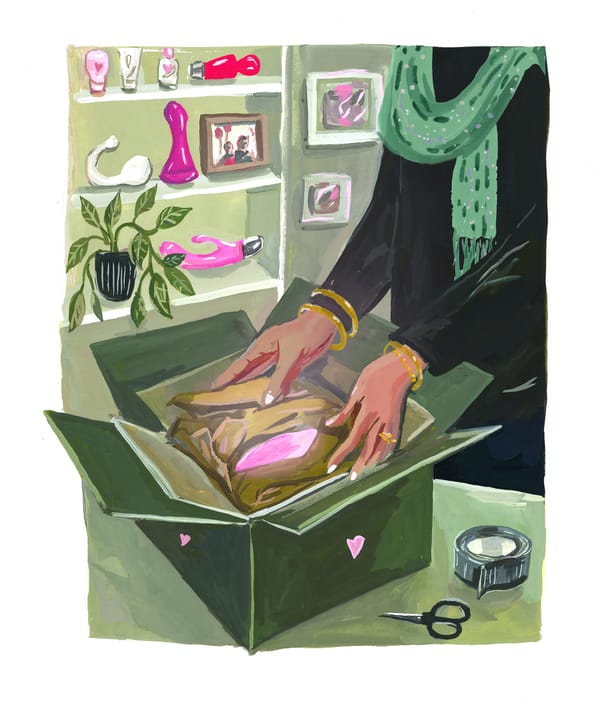Few Things Test Friendships Like Success
It’s reasonable to share in the pain of a friend in need. But sharing in the joy of a friend’s success? That’s harder.

People say that you find out who your true friends are when you are in need. And that’s not wrong. But I think you find out who your true friends are when something good happens like when a person achieves a milestone at work or in life.
I still remember the first time I published an opinion piece in The Guardian. It was about my father’s death from Covid and the inhumane treatment of the elderly. Here I was, a non-native English speaker from Bulgaria, in mid-life no less, and oh how the fireworks exploded in my head when I saw my article underneath the newspaper’s logo and banner online (and then in print)!
I was elated and eager to share it with my friends and family, which I did in individual messages, and on WhatsApp groups and social media.
And then? Mostly silence.
I heard back from only a handful of people who knew me well. I felt shocked, hurt and confused. Why weren’t more of my friends excited for me?
I felt shocked, hurt and confused. Why weren’t more of my friends excited for me?
And I had to wonder: Is it easier to feel either schadenfreude or empathy in times of crisis than it is to feel empathy or freudenfreude in times of success?
Recently, I came across this quote from the psychologist Carol S. Dweck, Ph.D., the author of the book "Mindset," which put into words what I had been sensing, “Ego-wise, it’s easy to be sympathetic to someone in need… [But] who can you turn to when good things happen? When your child does well? When you get a great job offer?”
Or, in my case, when I had an article published in a major newspaper?
But you’re just so ordinary
When we help someone in need, we may feel positive about ourselves for having done a good deed. But when someone is asking us to rejoice in their success, is there a part of us that feels threatened, possibly even envious?
When I raised this with my therapist Lois Pimentel, she shared a story about an acquaintance of her late husband, the famous jazz bassist David Friesen. Friesen and even jazz legends like Miles Davies were unable to sell out their hometown venues because people just saw them as a local neighbor or the guy from across the road. “They see you as the person they once knew, not the person you have become,” Pimentel told me.
I realized in that moment that to the people who knew me, I was probably always going to be Luba from school, or university, or from the neighborhood, but not a writer, and certainly not someone whose work was published in The Guardian. Perhaps certain people would never take notice of my writing, no matter where my work got published, because I was somehow too familiar.

The thorn prick
But a perhaps less magnanimous explanation for the noteworthy silence was that, to some in my circle, my success in a new career felt like a thorn prick. Perhaps they, too, wished they had changed professional direction but had talked themselves out of it, convincing themselves it was too late, too hard, too risky or too exhausting.
Someone’s success, no matter how modest or transient, can trigger regret in someone else for not chasing their own dreams.
The feeling of regret is challenging to sit with, so we try to avoid it. Indeed, we actively run away from it.
Who do you think you are, anyway?
And of course, there is also always the “who do you think you are?” response, typically anchored in plain old envy, which often plays out unconsciously.
Dweck suggests that our “assets and successes are problems for people who derive their self-esteem from being superior.”Almost like a reflex, it leads people to put down anyone who shows too much ambition.
The British TV and radio broadcaster Clara Amfo touched on this in a conversation with the Irish DJ and author Annie Macmanus in an episode of Macmanus’ Changes podcast. Amfo, a trailblazing Black broadcaster of Ghanaian origin, shared that for years she had shrunk herself a little, “because I’d be catering towards other people’s weird feelings about my achievements. I’d be like, I don’t want to make that person feel bad…”

'I know my place'
I can relate to that idea of shrinking myself for others. I frequently feel a sort of nameless force trying to drag me down, making sure that I “know my place” within my pack and don’t get “crazy ideas in my head.” (Happily, these episodes of self-judgement and exhaustion when faced with swimming against the social tide have become rarer the more I write.)
If this sounds familiar, that’s no doubt thanks to the many generations of women before me whose professional ambitions or self-expression were utterly repressed. I think it goes a long way toward explaining why I crave the support and validation of friends around me so much. It can feel draining to constantly put yourself out there for the world to scrutinize.
And yet I’m still hurt by the countless dinners with extended family and friends where I haven’t been asked a single question about my work. At times, I feel like the human embodiment of the hand that reaches out for a handshake, only to be left hanging in the air.
At times, I feel like the human embodiment of the hand that reaches out for a handshake, only to be left hanging in the air.
What helps me in those moments is remembering specific times in my life when I too let friends down. It’s a reminder to be more forgiving of others and their busy lives; a reminder that I can’t always be—even a good friend’s—top priority all the time.

All I can do is feel what I feel
These days, when I publish a piece of writing, I temper my expectation of how others will respond: First, I don’t expect any engagement from those I know, which eases the tyranny of disappointment and hurt.
Second, I remind myself why I have written each piece. Connecting with my purpose—which is to give voice to the unsaid for the benefit of others—helps me tame my ego and my hunger for acknowledgment and praise.
Third, I am learning (with varying levels of success) to trust myself and to seek my own validation rather than the validation of others. Sometimes I find it excruciatingly hard not to seek feedback from those around me but I try to draw inspiration from people who are much better at this than I.
In an episode of the BBC’s Louis Theroux Interviews, I remember Louis Theroux asking the rapper Stormzy if he was worried about audiences accepting his soulful, more tender album, "This is What I Mean," which was a significant departure from his prior albums.
“If I had a list of worries, that wouldn’t even be on there,” Stormzy responded. “All this music is nothing to do with the listener. All I can do is feel what I feel and document that.”
I try to do the same: Feel what I feel, while reminding myself that those who are meant to read my writing will read it and benefit from it, even if I never know who they are.
As for my own friends, I am learning to expect less of them while continuing to wholeheartedly rejoice in their successes.
It’s not always easy. On bad days I think about cutting ties with those who are unsupportive. But on good days, I remind myself that I am not a perfect friend either.
I’m glad to say that I have more good days than bad, a trend I hope to maintain.








